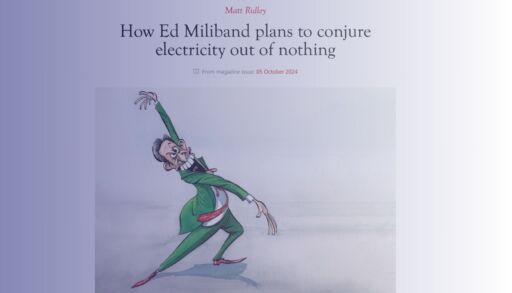Summary
The North East & Cumbria (The True North) has been the worst region for economic performance for decades on just about every metric. There’s no turning back now on the national devolution agenda and so the time is right for some radical action to turbo charge our regional economy with the introduction of differential rates of Corporation Tax or Employers NI to encourage investment and growth here. If we are to reduce economic disparities we must create more private sector jobs by encouraging investment in manufacturing.
True North are calling for a regional debate on Differential Taxation and for detailed proposals to be made to Government for inclusion in their Industrial Strategy and the next Autumn Budget.
Background
Citizens in the True North suffer from lower mean incomes (1), are less likely to be employed (2), won’t live as long (3) and are less productive (4) than our compatriots in the rest of England. Our poor entrepreneurial culture means we are less likely to set up a business (5) and if we do, that business is more likely to fail (6). For those of us in employment we are more likely to work in public sector (7) than in other parts of the country – using national resources rather than contributing to them.
Progress has been made in many of these areas in recent decades, but the lag still exists and now is the time for a serious intervention that will create radical, generational change.
Does it Work?
There are other example we can draw on to support our call for action. In the US tech companies providing economic growth and well-paid jobs are moving from California to Texas and Florida(8) for tax and lifestyle reasons. We are a less crowded region with lower house prices and great quality of life. Mix that up with tax incentives and we have a recipe for rapidly increasing growth.
The economic disparities between our region and the prosperous south east are higher than those between East and West Germany upon reunification. The German Government did not think this was acceptable and so increased taxation incentives through higher capital allowances in the East. This resulted in accelerating investment in the East and some closing of the economic gap.
Putting aside the social reasons for a moment there are many reasons to encourage investment in the True North including reducing the cost of welfare, increasing the tax take from the region, improving the balance of trade and easing the pressure on the overheated south east. Socially, more and better jobs will improve the life chances and health of our citizens.
Plainly, there are businesses in the True North already paying tax but it is likely that tax incentives will demonstrate a Laffer effect and increase the total tax take as they invest more and grow. Add to that, investment from the rest of the UK and overseas and we will see real re-industrialisation creating increasing opportunity and equality.
Far sighted regional leader and national politicians saw the potential of Nissan back in the 1980s – imagine where we would be if they hadn’t.
There will of course be downsides. Treasury officials will worry that the tax take will fall and the policy might only lead to regional displacement as businesses move from one area to another chasing a lower tax bill. That’s unlikely to happen as these moves are disruptive and our business leader think further forward than our politicians. In any case, we’ve tried lots of other things and still the gap persists, so now is the time to be brave.







